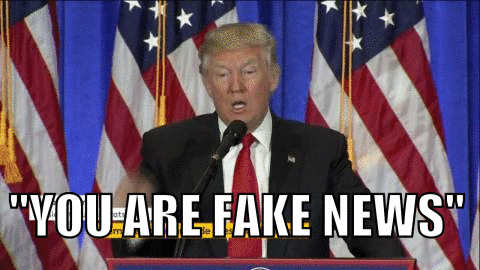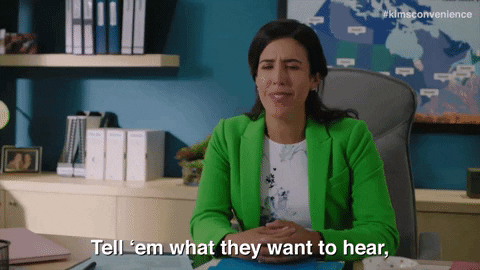What is Fake News?
Fake News is often linked with politics especially due to Donald Trump and the countless memes about “fake news” during his presidency. This association can sometimes be unhelpful as it narrows the focus of the issue. The term ‘false information’ is perhaps preferable as it can refer to a more diverse range of disinformation.

Most of what you read online may appear to be true but often is not. False information can include news stories or hoaxes created to deliberately misinform or deceive readers. They can deceive people by looking like trusted websites or using similar names and web addresses to reputable news organisations.
As social media is a public platform, anyone can post anything without checking their facts. When we consider what is “fake news” there are two kinds of false information to be aware of – misinformation and disinformation.
Misinformation and Disinformation
Misinformation
This aims to shape and change people’s opinion by misleading them. A study from Indiana University classified misinformation as “false or misleading content including hoaxes, conspiracy theories, fabricated reports, click-bait headlines, and even satire.”

Disinformation
Disinformation can be spread in similar ways to misinformation but is intended to deceive rather than mislead. There are many reasons why individual social media or business accounts might do this. They may wish to increase their social media marketing effectiveness, boost online traffic, gain more followers, incite an emotional response, or create distractions.
Disinformation can be dangerous on social media due to the vast amount of information and readers’ attention spans.
Identifying False Information
Personal accounts
Social media platforms are designed to retain users and get engagement not to distinguish between real and “fake news”. If you want to know if something shared by a personal account is trustworthy here are a few questions to consider.
- Does the person who shared the post have an emotional or professional investment in these claims? If either, they might not be completely unbiased, but it requires some judgement on your part and perhaps some research.
- Is this information reasonable? Does what they are saying sound believable. Perhaps ask some people you trust whether they think it is reasonable as sometimes our own biases can influence us.
- Does it come from a reputable source? For example: University, Government or Scholarly articles, most mainstream Magazines/Newspapers, and published works from reputable publishers. Places like Wikipedia and online blogs are not necessarily reliable. Even more reliable sources may have a political agenda or their own bias, so you need to exercise your own judgement.
Business or professional accounts
This may not be as relevant as a student but when you go off into the working world these are things you need to be aware of. When you work for a professional organization where social media pages are tailored towards a particular audience there may be more motivation to fall into the categories of “fake news” to gain an edge. As well as the questions you’d ask of a personal account, you should also ask:
- How it serves its audience? It should help its audience and advertise the business based on accurate information.
- How it reflects on the business’s reputation or values? Should be trustworthy and reliable. Consider checking the reviews (not always reliable) or asking people who’ve interacted with the company.
- Is this relevant to my clients? Our personal bias should not be involved.
If you are found to be using false information or “fake news” with a professional or business account can have serious consequences and possible legal ramifications. This is especially relevant due to the speed at which false information spreads.
How False infomation spreads
Combating Fake News
Combating “fake news” on social media is about understanding other users’ motives as well as the platforms intention. Social media platforms make money by selling user data to ad companies. This is why ads you see are often based on your interests or search history.
The news that appears on your social media feed is filtered based on collected data. So, now you are aware of can help you be more conscious of your own inherent bias as some of what you see may be based on what you are conveying about yourself online. Whilst false information on social media is probably unavoidable by thinking critically and exercising a level of curiosity for what you read you can help sort the fact from the fiction.
As this video shows any news no matter how riciculous can be spread and msilead people.
